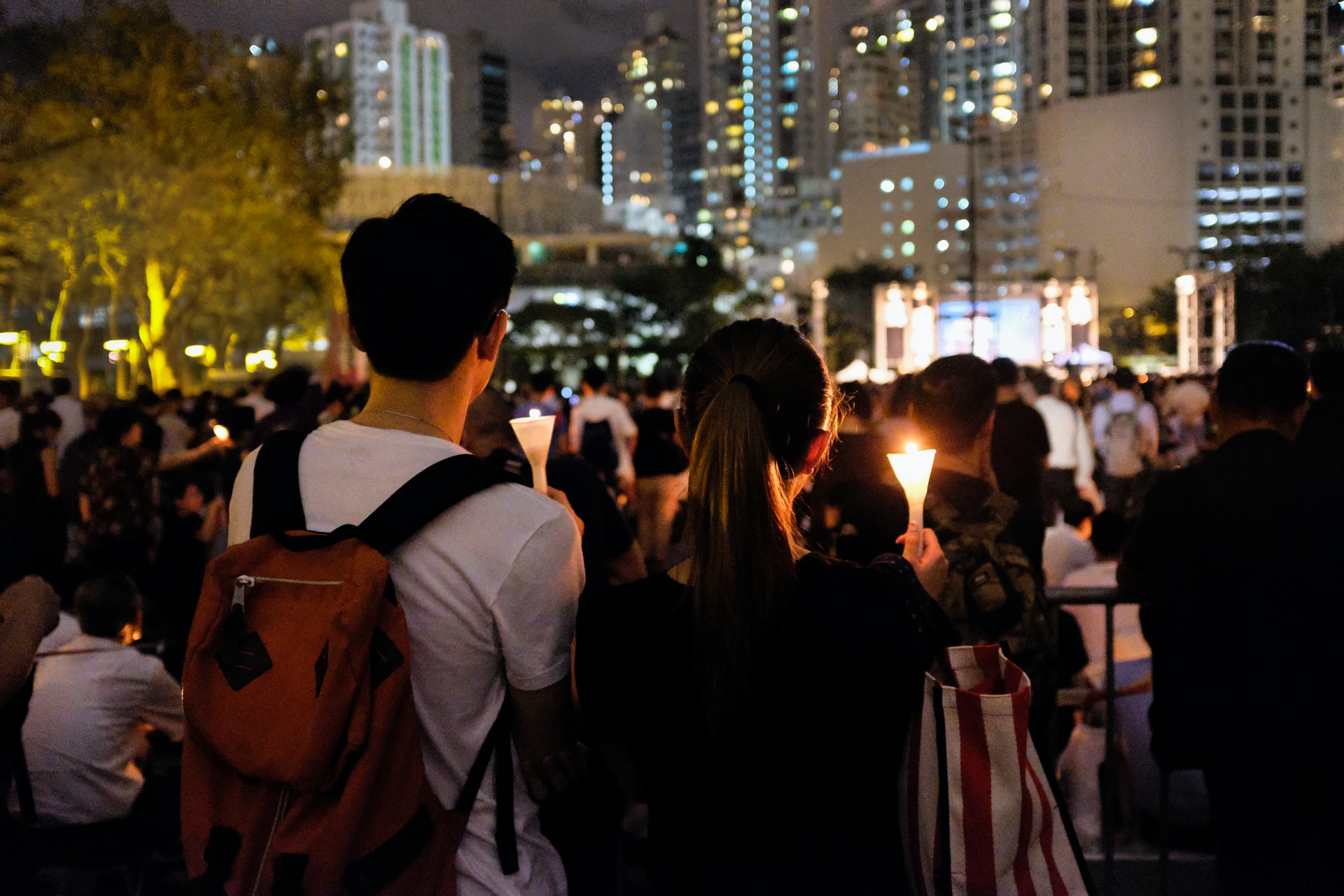Recent Events.
The tragic mass shooting that took place in Uvalde, Texas weighs heavy on our hearts and minds. It’s difficult to find the words to describe the pain we are feeling, though the event is surely marked with incomparable grief. Many people suggest we view gun violence as a health crisis seeing that in the United States, there are more than 100 gun deaths each day and about 38,000 each year with rates continuing to rise (Mastroianni, 2022). In turn, the consequent mental health ramifications must also be attended to with great care.
Mental health ramifications.
After such horrible events, our minds can be riddled with worry and anxiety. Many of us may experience nightmares, increased hypervigilance in certain spaces, and may even struggle with falling and staying asleep. It is important to note that if readers are experiencing these symptoms in light of recent events, it is a completely human and normal reaction to such a tragedy. In some cases, individuals may develop symptoms of post-traumatic stress disorder (PTSD). Increased risk of developing PTSD may entail direct exposure to the traumatic event, repetition of traumatic events, past trauma, pre-existing mental health problems, and the seriousness of the threat to life (CDC, 2021). Psychologically, people may experience adverse changes in mood, dissociation, flashbacks, and increased arousal (Psychology Today, 2021). If you believe you may be struggling with PTSD symptoms, it may be time to speak with a mental health professional.
Take good care of yourself.
In the wake of such heavy events, it becomes increasingly important to care for ourselves with sensitivity and tenderness. Below are some suggestions for doing just that:
Limiting news exposure can help create a safe distance from constant reminders of the tragic event. Oftentimes, content on social media can be graphic and traumatizing in nature which can cause great distress. Media exposure to mass violence can have a negative impact on mental health. Sometimes we need space to process our experience in a way that does not involve constant reminders of said event. Limiting news exposure doesn’t mean we have to completely block out current events, it just means that we do so in a way that is not retraumatizing.
Staying connected with our support network is crucial to our mental health and wellbeing. Our social support networks can consist of family, friends, romantic partners, pets, community ties, and coworkers. Spending time with trusted loved ones can help us feel safe and heal from painful experiences. Social support can help people better recover from stressful experiences and events. Further, if we feel unsafe going out alone in public spaces (as is completely valid to feel after recent mass shootings), we may feel slightly safer going out in a group.
Engaging in self-care is another way we can be attentive to our needs in the wake of deeply distressing events. Self-care can look different for everyone but some forms of self-care involve getting adequate sleep, exercising, It is important to distinguish that self-care doesn’t involve behavior that could potentially cause harm to us such as the use of drugs and alcohol; if readers find that they are using substances as a coping mechanism for psychological pain, it is strongly suggested that they seek the help of an addiction psychiatrist.
Seek help from a mental health professional if you find that your mental state is posing as a barrier for you; if your mental health is causing you great distress or interfering with important areas of your life, a helpful next step may be to see a psychiatrist or a therapist. Trauma-informed clinicians can help us process painful emotions, feelings, and events while also providing us with resources and tools to help us thrive.
Resources
- Talking to Children about the Shooting
- Talking to Children: When Scary Things Happen
- Talking to Teens about Violence
- Coping After Mass Violence: For Adults
- For Teens: Coping After Mass Violence
- After a Crisis: Helping Young Children Heal
- Age-Related Reactions to a Traumatic Event
- Grief Leadership: Leadership in the Wake of Tragedy
- Coping with Stress Following a Mass Shooting
- SAMHSA Disaster Distress Helpline
References
Centers for Disease Control and Prevention. (2021). Preventing adverse childhood experiences |violence prevention|injury Center|CDC. Centers for Disease Control and Prevention. Retrieved January 27, 2022, from https://www.cdc.gov/violenceprevention/aces/fastfact.html
Mastroianni, B. (2022). Texas School Shooting: Yes, gun violence is a health crisis. Healthline. Retrieved June 1, 2022, from https://www.healthline.com/health-news/why-addressing-gun-violence-as-a-health-crisis-is-crucial-for-change
Psychology Today. (2021). How trauma affects the body | psychology today. Retrieved January 27, 2022, from https://www.psychologytoday.com/us/blog/the-addiction-connection/202103/how-trauma-affects-the-body

